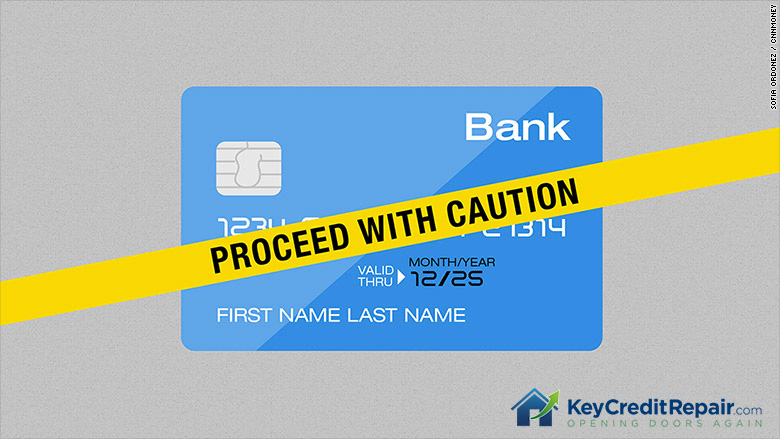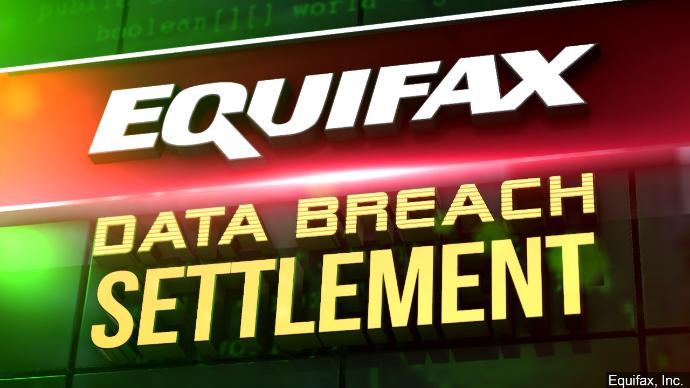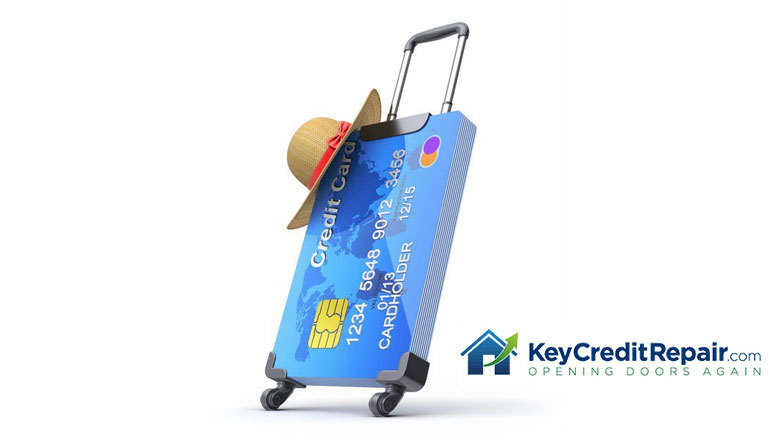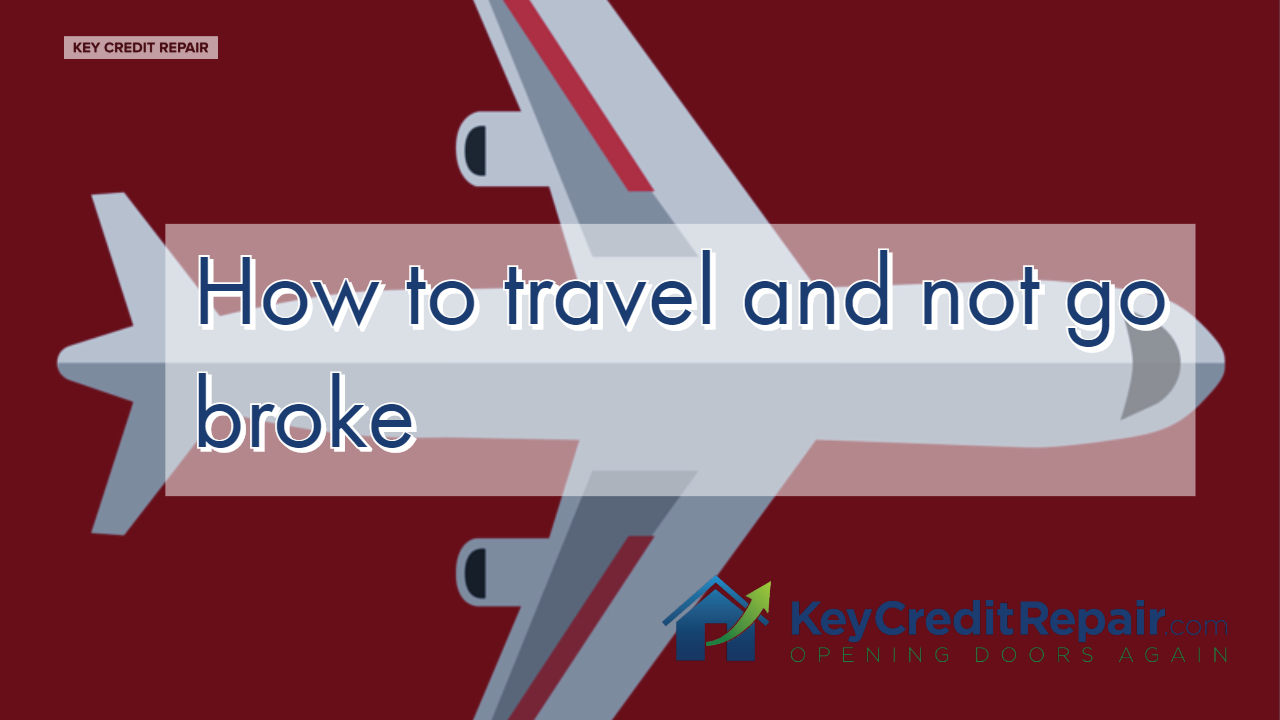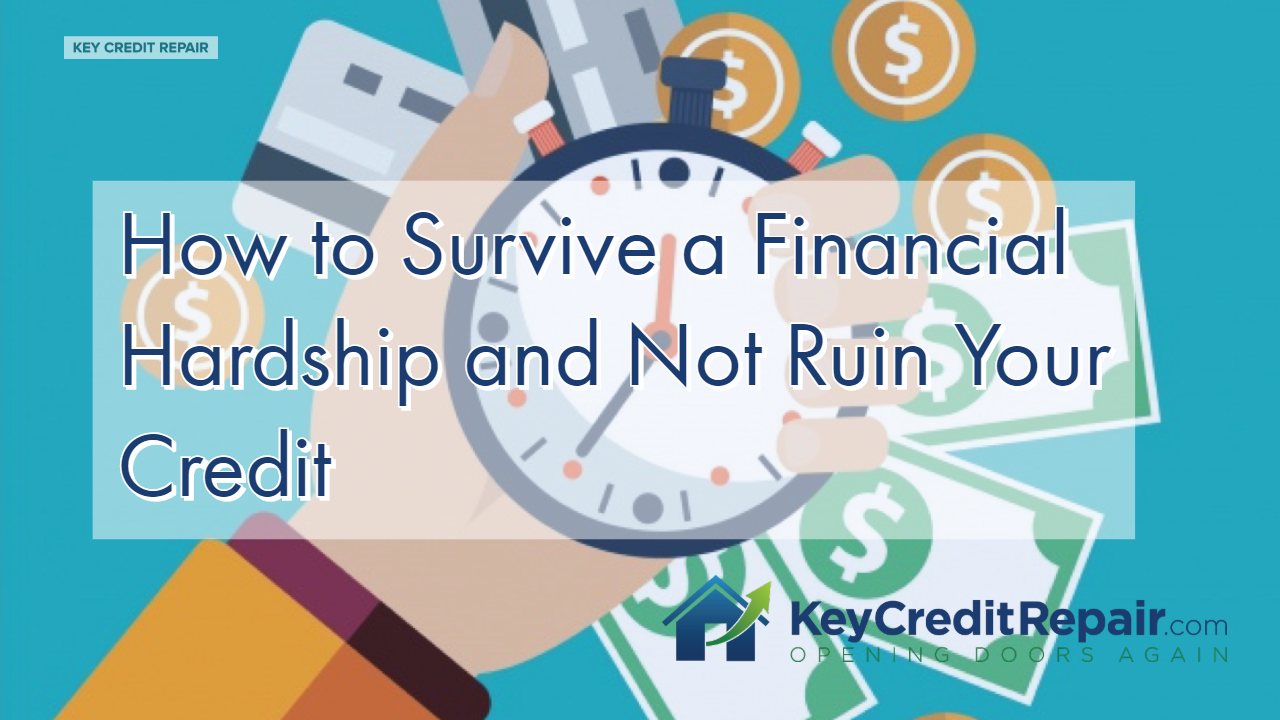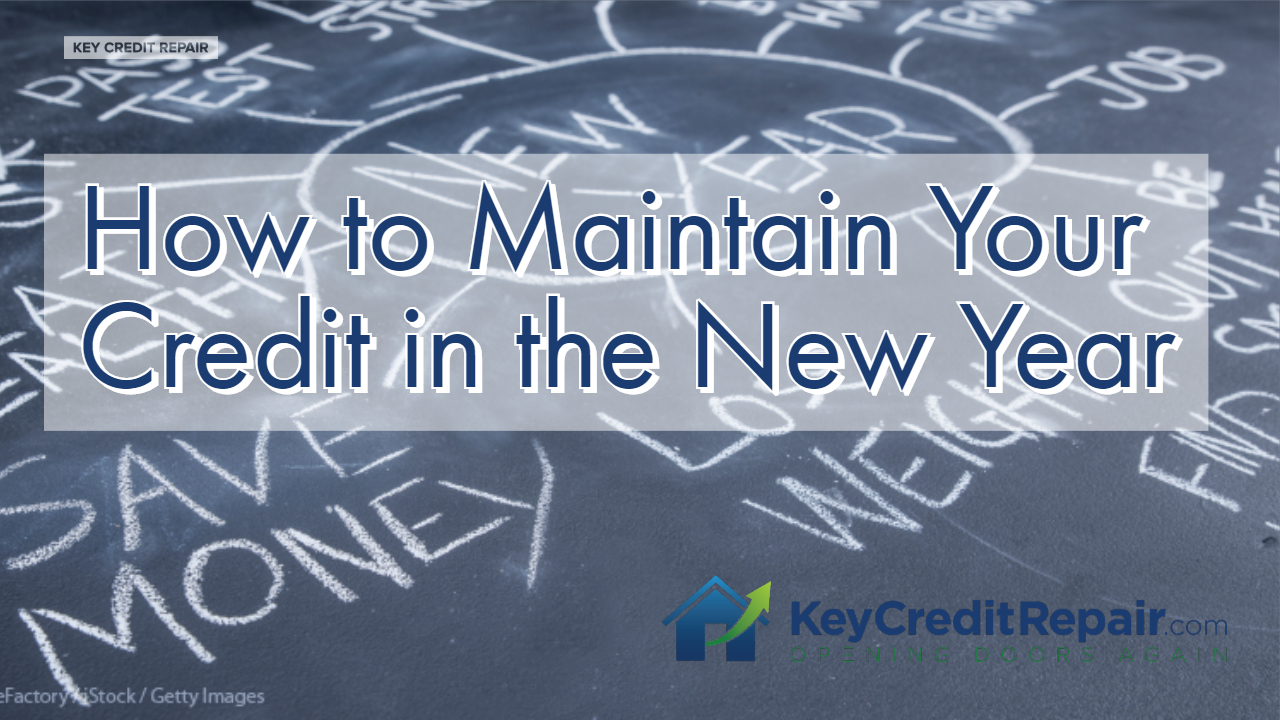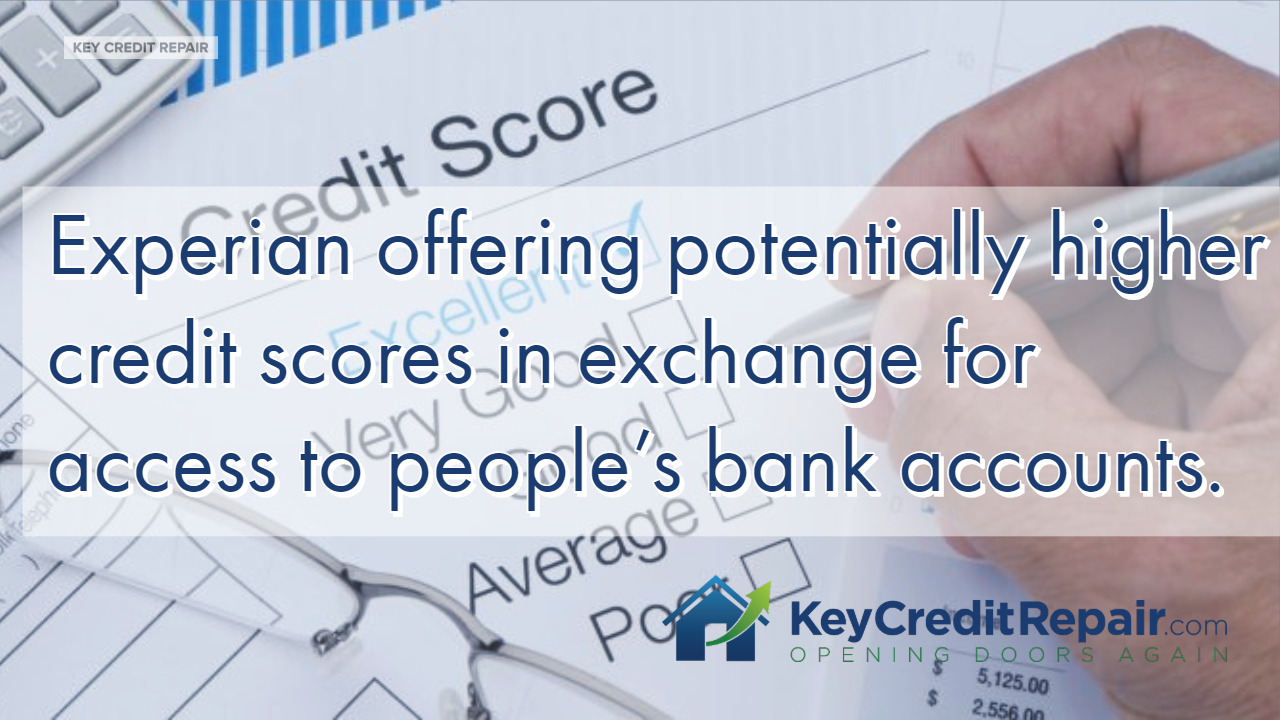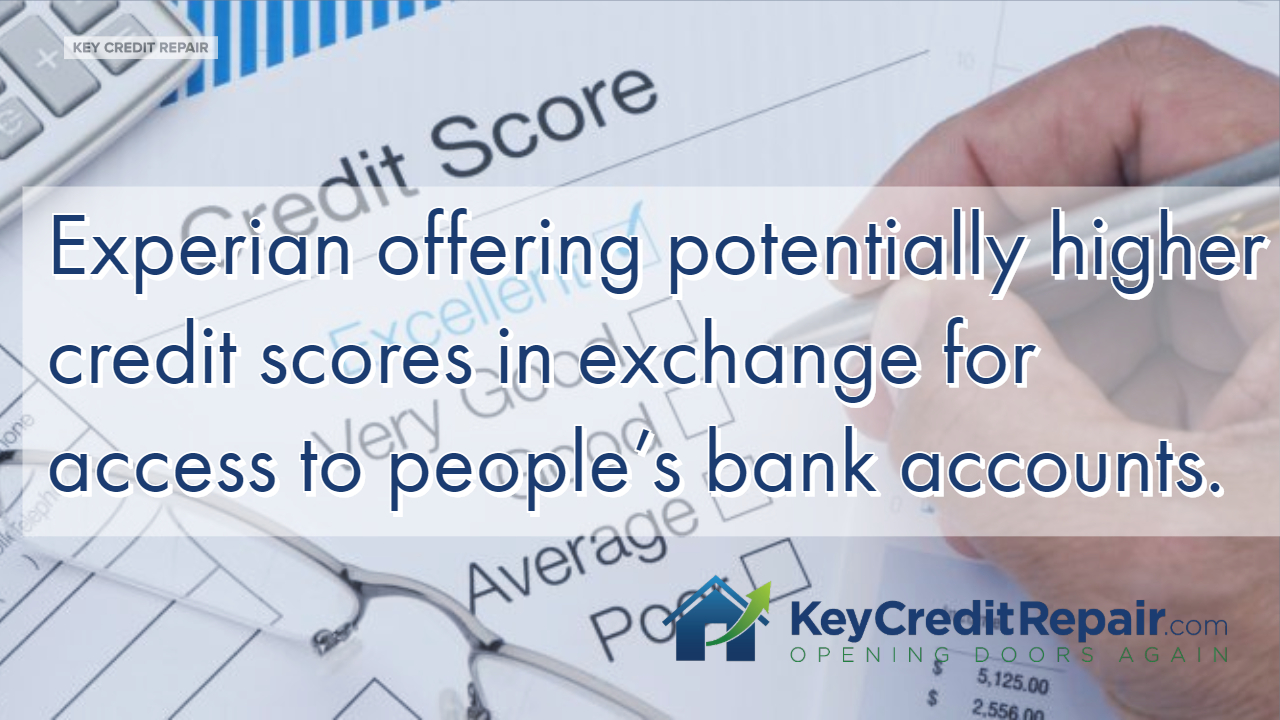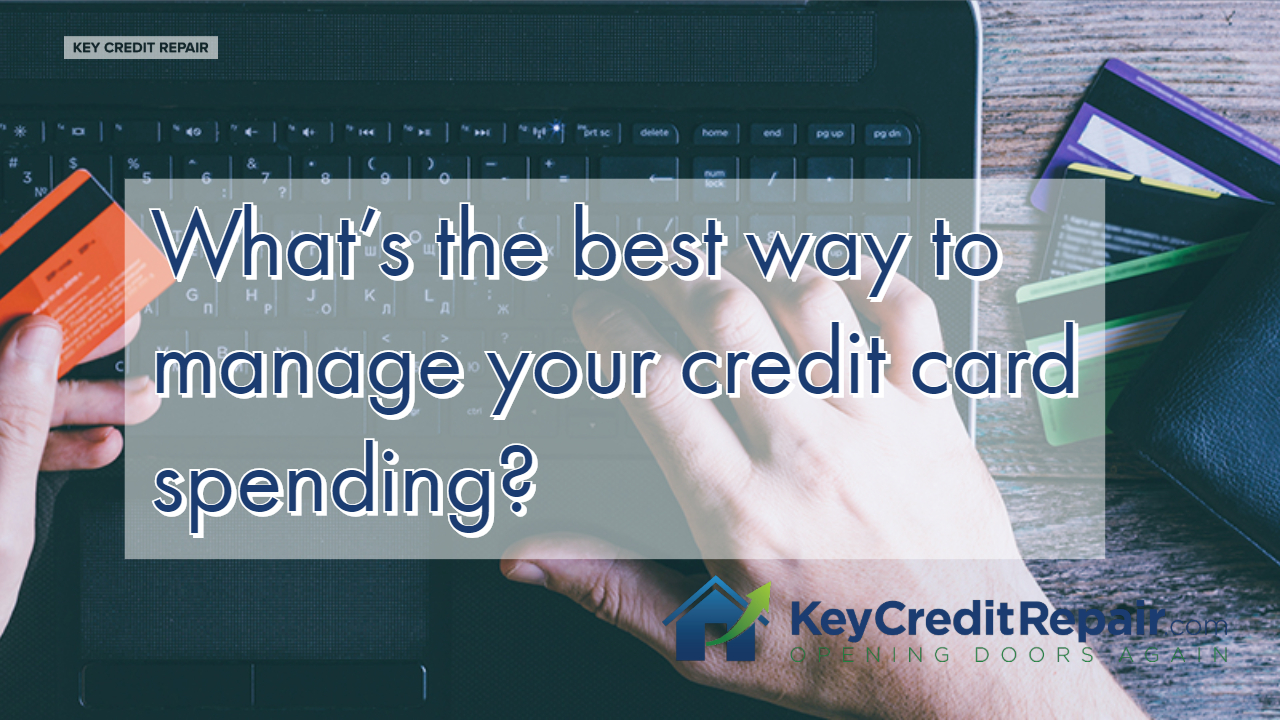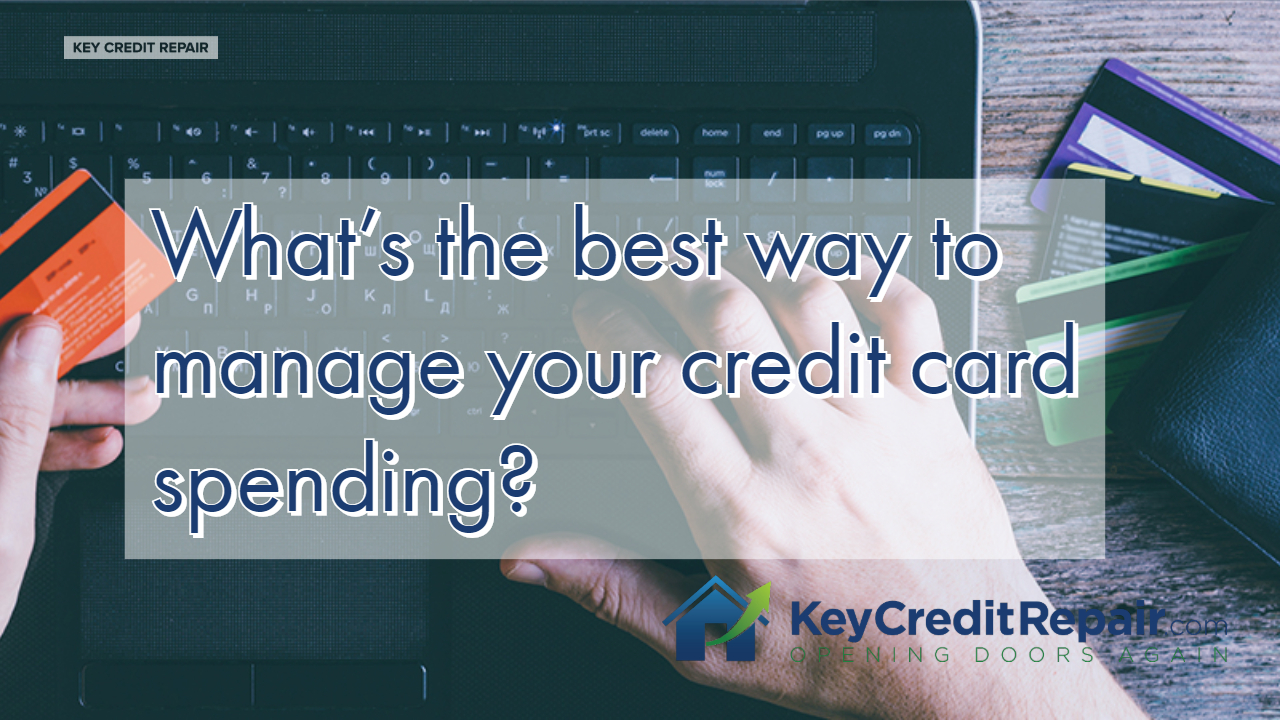Can This Credit Boost Tip Actually End Up Hurting You?
As a consumer, it’s only natural to want to do whatever you can to improve your credit score. After all, a better credit score translates to lower interest rates on any loans you take out, which can be the difference between hundreds or even thousands of dollars of money spent depending on the loan amount. Certainly, there are tried and true methods to credit repair, such as making a commitment to paying all of your bills on time, paying down debts, and establishing a solid credit history. But there are a few things that you can do to boost your credit score faster, and one of them is requesting an increase to your credit limit, which thereby increases your credit utilization ratio. However, if you’re not careful, a higher credit ceiling can come back to bite you. Let’s examine:
Credit Utilization Ratio Explained
Your credit utilization ratio is your debt versus your total amount of credit. So, for instance, if you have a credit card with a $10,000 limit and currently have a $5,000 balance on it, your credit utilization ratio is 50 percent. Ideally, you want to have zero balance on your credit card, but that’s not always feasible for many consumers. The thing about your credit utilization ratio however is the higher it is, the more it negatively impacts your credit score. Conversely, a low credit utilization ratio can help your credit score. Generally speaking, part of the recipe to a good credit score is keeping your credit utilization ratio at about 30 percent.
How Can a Higher Credit Allotment Help and Hurt You?
So how can a higher credit limit help improve your credit score? Say that you have one credit card, it has a limit of $5,000 and you have a balance of $2,500 on it. That’s a credit utilization ratio of 50 percent. However, if you’re able to secure a higher credit limit of, say $7,500, then your credit utilization ratio improves to 30 percent, thereby likely boosting your overall credit score.
However, this is where we have to caution you about how a higher credit allotment can also potentially hurt you as well. If you’re not disciplined with your spending and your credit card spending continues to escalate, then your 30 percent credit utilization ratio can quickly increase and you could be right back in the same situation you were in — or even worse — before your credit limit was increased. Additionally, in order to increase your allotment, your credit card company may have to do a “hard pull” on your credit report, which can cause your score to take a minor dip.
How to Benefit from a Higher Credit Allotment
You don’t want a credit boom to turn into a bust, so if you do decide to contact your credit card company to increase your limit or you’re offered a credit increase, make sure you proceed wisely. If your credit utilization is in good shape, you should even think about whether or not a credit increase is worth it. But if you do want to take advantage of the credit score bump an increase can present, here are some tips to keep it a positive on your FICO score:
- Stay disciplined: Don’t go on a spending spree just because you can. Continue to commit to paying down your credit card balance.
- Check your balance often: We advise regularly checking your credit card balance to make sure your credit utilization ratio is 30 percent or less.
- See if your card issuer needs to do a hard or soft pull to increase your limit. A soft pull won’t have an effect on your credit score.

